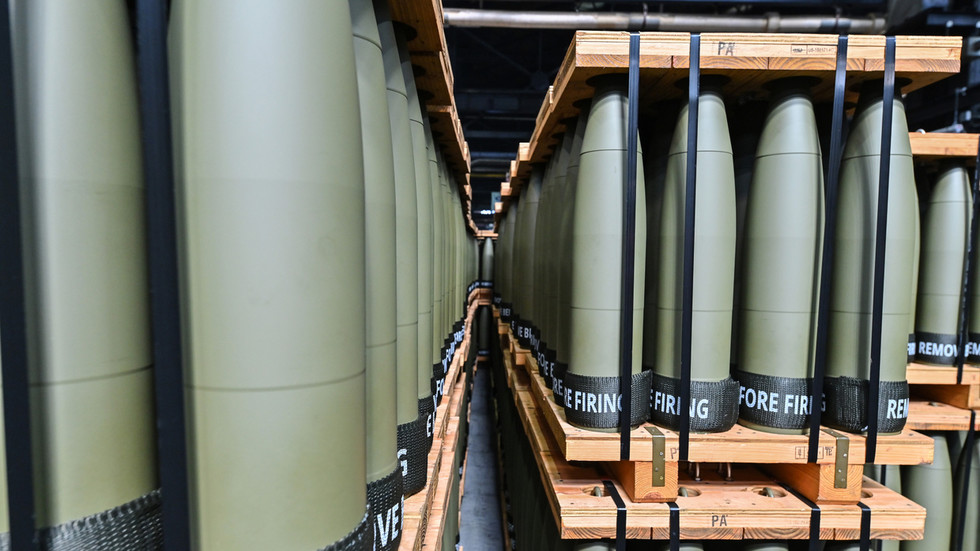Addis Abeba — The Ethiopian government is taking strides to acknowledge and regulate the longstanding informal cross-border trade occurring along the Djibouti border. The Ministry of Trade and Regional Integration is currently introducing a law with the goal of formalizing the informal trade activities that have been existing along the border between these countries.
Kasahun Gofe, state minister of Trade and Regional Integration said on Tuesday that the ministry is currently engaging representatives of regional trade bureaus to collect inputs before the soon enaction of the law. According to him, the law will have irreplaceable role in making basic consumables accessible for the community living along border areas.
The development comes eight years after the signing of the Ethio-Djibouti border trade protocol in 2015. In January 2023, a delegation from Ethiopia, led by Kasahun Gofe, visited Djibouti to discuss the primary export items that would be allowed under the border trade agreement.
According to the law, individuals engaged in informal cross-border trade along the Ethiopia-Djibouti border will have permission to transport goods up to a value of $1,000 per month, according to the document obtained by Addis Standard. Cross-border traders originating from Ethiopia will be granted the opportunity to export seven specific commodities, including livestock, animal products, fruits, vegetables, and corn, to Djibouti without incurring any taxes. Conversely, 20 items such as edible oil, sugar, and rice will be allowed for import from Djibouti. In order to facilitate smooth cross-border trade between the two nations, a total of 15 areas, with 10 located in Ethiopia, have been designated as marketplaces.
In order to gain official recognition, cross-border traders must adhere to certain requirements set by the government. These include registering at one of the branches of the Ethiopian Customs Commission and obtaining a valid business license. Additionally, traders are obligated to sell their products at prices determined by local and federal authorities.
The Ethiopian government’s recent action is part of an initiative aimed at enhancing intra-Africa trade, which currently represents only 14.4% of annual African exports. To address this issue, the African Union officially launched the African Continental Free Trade Area (AfCFTA) in 2018. The primary objective of the AfCFTA is to progressively eliminate tariffs on intra-African trade, streamlining business transactions within the continent for African enterprises. Presently, fewer than ten African countries are actively participating in the free trade area. Last week, Kasahun told legislators that preparation to start trading under the free trade area is at the final stage.
The other strategy employed by African nations to enhance intra-regional trade is the formalization of existing informal border trade. Despite its importance to African countries, there appears to be a lack of comprehensive understanding regarding informal cross-border trade within the continent. A study conducted by UNECA reveals that informal cross-border trade is estimated to account for a substantial proportion, ranging from 30% to 72%, of the formal trade between neighboring nations.
Shortly after assuming power in 2018, Prime Minister Abiy Ahmed (PhD) demonstrated his administration’s commitment to regional integration by embarking on his first foreign trip as a leader to Djibouti. Three years ago, Prime Minister Abiy, together with former Kenyan President Uhuru Kenyatta, jointly inaugurated a border post in the Kenyan town of Moyale, aimed at enhancing trade between the two countries.
The Ministry of Trade and Regional Integration is also introducing a comprehensive legal framework to regulate informal cross-border trade activities that exist near the border with South Sudan. This initiative aims to facilitate the smooth exchange of goods, with an annual trade value estimated at 240,000 birr along the 1,114-kilometer border between the two countries. AS





















Discussion about this post